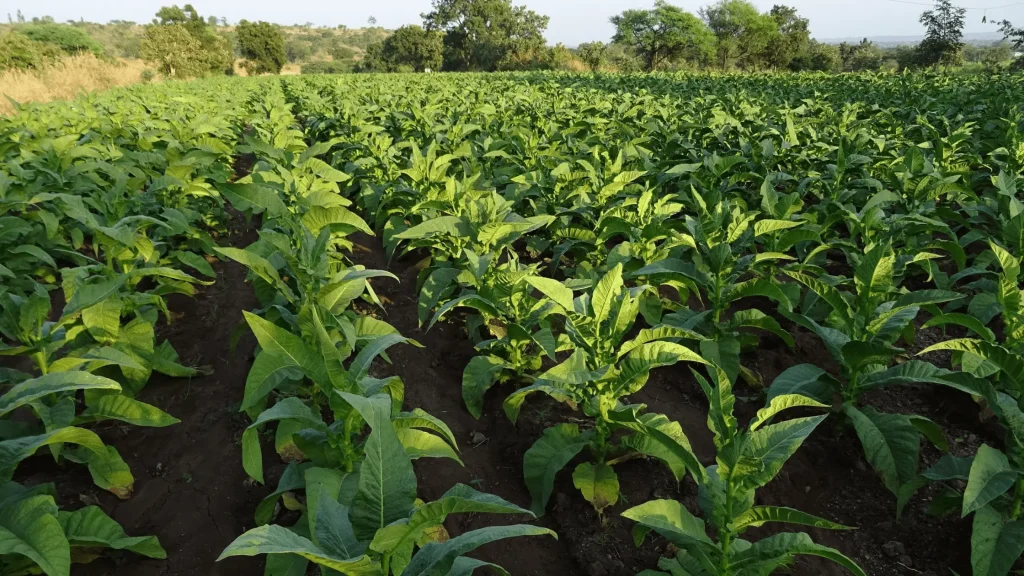BAT Adria director-general Zvonko Kolobara said the new investment built on last year’s HRK 200 million (€27 million) investment in new production lines for heated tobacco products.
Kolobara said the new investment would require new hiring but he could not specify how many new workers would be employed.
Speaking of the black market, he said it was still rather big but that it had been on the decline in the past two years owing to the efforts by the customs service and border police.
Kolobara said that BAT executives had met with Prime Minister Andrej Plenković on Thursday to inform him and the government of the company’s investment plans.
Asked about the issue of increasing excise taxes, of which the company had warned, Kolobara said that excise taxes were within the remit of the government but that they would prefer if there existed an excise tax calendar to enable better business predictability and sustainability.
Speaking of inflation, he said that it would definitely have a negative impact on the company’s results.
BAT South Europe Director Roberta Palazzetti said that the total investment of HRK 600 million in new production lines had additionally strengthened Croatia’s position on BAT’s global production map, with the Kanfanar factory being one of the few in the world to produce, apart from cigarettes, heated tobacco products, which have the potential of significant risk reduction for adult smokers.
BAT acquired the cigarette factory Kanfanar, Istria, in 2015 when it took over local tobacco producer Tvornica Duhana Rovinj (TDR).
In the coming years BAT plans to increase the production of heated tobacco products in Croatia in light of growing demand.
BAT said that since the 2015 acquisition it had invested nearly HRK 1.1 billion (€135 million) and continued to increase production, employment and exports.
BAT pays HRK 3.5 billion in taxes and contributions annually and employs 1,500 workers in Croatia. Every year the company contributes more than HRK 1.4 billion in added value to GDP, and the biggest increase in contributions to GDP has been generated by the Kanfanar factory, which has continually increased production and exports, BAT said.
For more, check out our business section.










